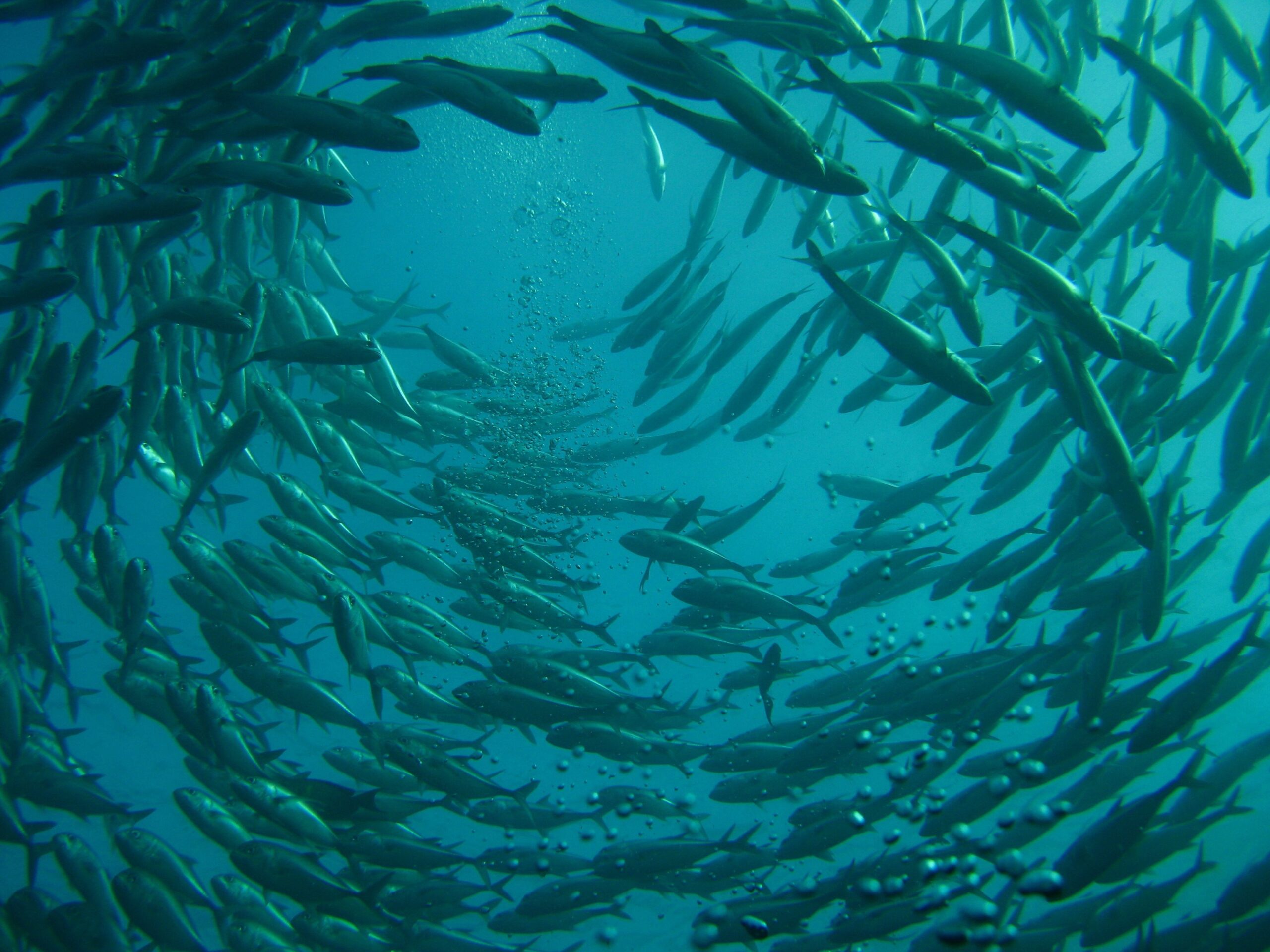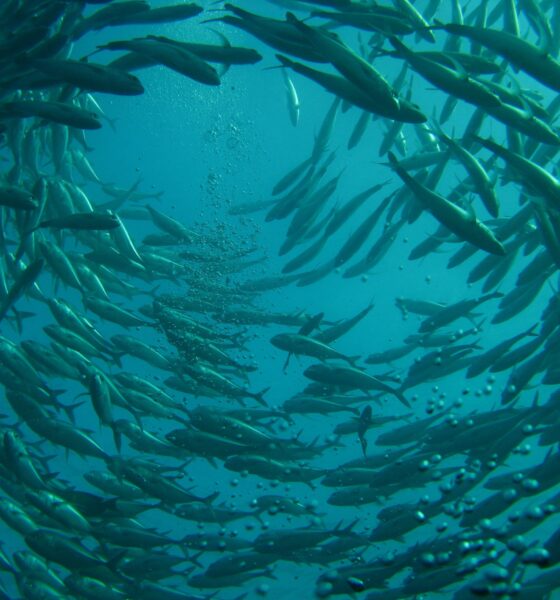

Environment
Marine protection areas must be expanded for threatened fish species
Conservationists and policymakers have to do more to ensure the survival of important fish species by expanding marine protection areas, according to a new study.
The paper, published in the journal Ecology Letters, warns that previous efforts launched to protect fish have irresponsibly prioritised saving the largest numbers of species, at the expense of species that provide key ecological functions.
As a result, the report says, some of the world’s most vulnerable and ecological valuable fish are missed by existing marine protection areas. This threatens the sustainability of ecosystems.
“The recognition that all species are not the same and that some play more important and different roles in ocean ecology prompted this new investigation. The study was expected to identify regions with vulnerable fish populations, something that has been sidetracked by the past species richness focus,” explained Tim McClanahan of the Wildlife Conservation Society (WCS), a co-author of the study.
“If you lose species with key functions, then you undermine the ability of the ocean to provide food and other ecological services, which is a wake up call to protect these vulnerable species and locations.”
Of particular concern are areas of the eastern Atlantic and the eastern tropical Pacific, the study found. In these areas, relatively neglected by conservation efforts, a small number of species perform most of the crucial ecological functions.
“Protecting the ecological services that fish populations provide for coastal habitats is as important as protecting wildlife species themselves,” added Caleb McClennen, executive director of the WCS Marine Program.
In the UK, the government has also been accused of failing to adequately protect marine life and being too slow to designate and enforce new marine conservation zones (MCZ).
In a report published in June, MPs questioned the government’s commitment to its MCZ programme. Launched over four years ago, the project was charged with identifying areas off England’s coast that are deserving of special protection.
In 2011, a coalition of fishing, conservation and other marine groups put forward 127 suggestions, covering 15% of the water under the Department for Environment, Food and Rural Affairs’ (Defra) jurisdiction.
However, only 27 of these proposed sites have so far been designated, with no more to be set until 2015.
In July, a comprehensive study found that the MCZs could bring about significant economic benefits to the UK, bringing in as much as £3.4 billion every year.
Photo: Oktaviani Marvikasari via Free Images
Further reading:
Scotland designates 30 new marine protected areas
MPs: government is ‘watering down’ rollout of marine conservation zones
Report details 99% public support for Scottish marine protected areas
Most marine protected areas not effective, new research says


 Environment12 months ago
Environment12 months agoAre Polymer Banknotes: an Eco-Friendly Trend or a Groundswell?

 Features11 months ago
Features11 months agoEco-Friendly Cryptocurrencies: Sustainable Investment Choices

 Features12 months ago
Features12 months agoEco-Friendly Crypto Traders Must Find the Right Exchange

 Energy11 months ago
Energy11 months agoThe Growing Role of Solar Panels in Ireland’s Energy Future






























